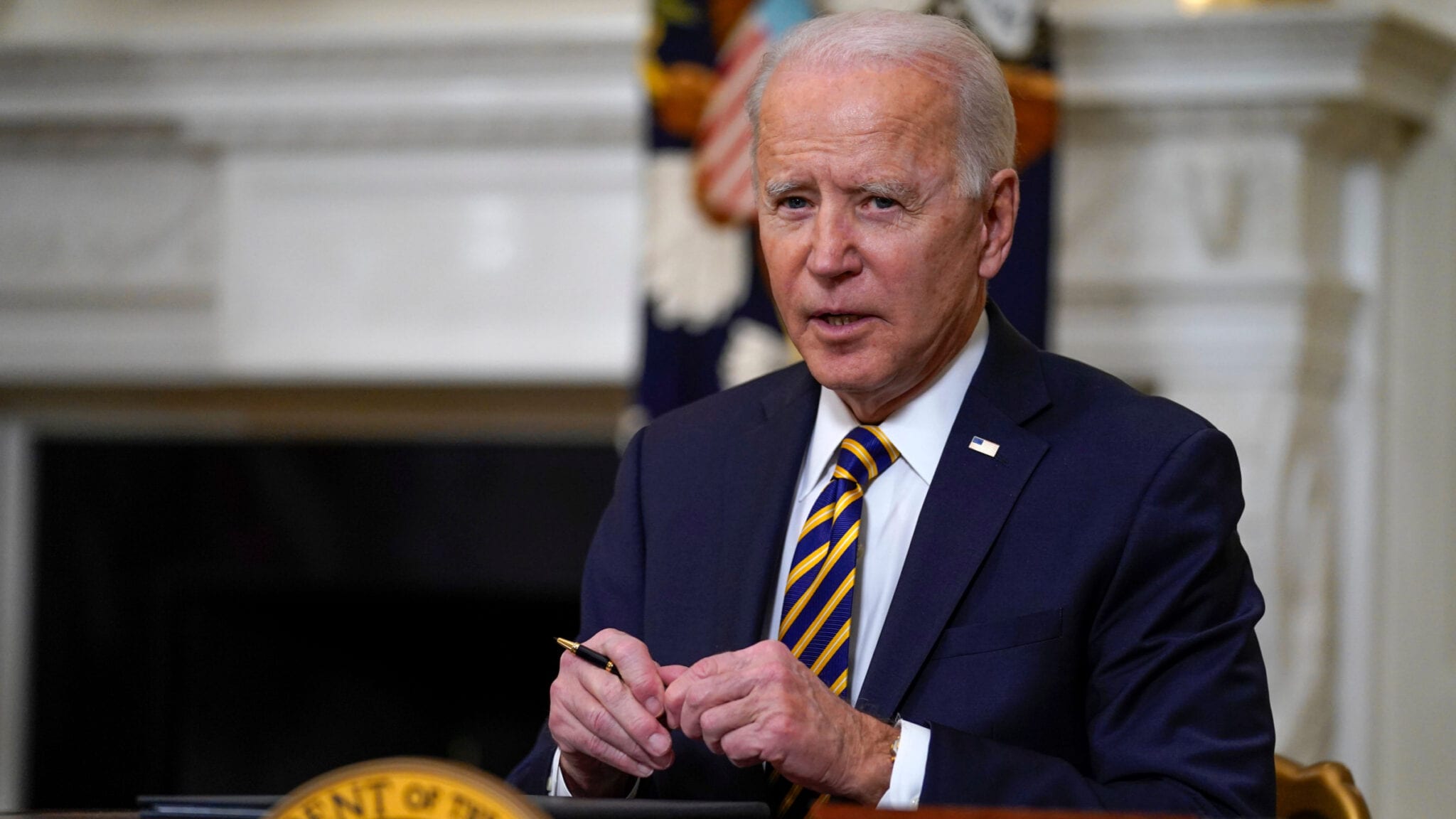
President Joe Biden (AP Images)
Major drug price reforms head for Biden's signature as PhRMA weighs legal options
The fact that the new drug price negotiations for certain blockbuster Medicare drugs — due for a partisan thumbs up in the US House of Representatives …
Sign up to read this article for free.
Get free access to a limited number of articles, plus choose newsletters to get straight to your inbox.